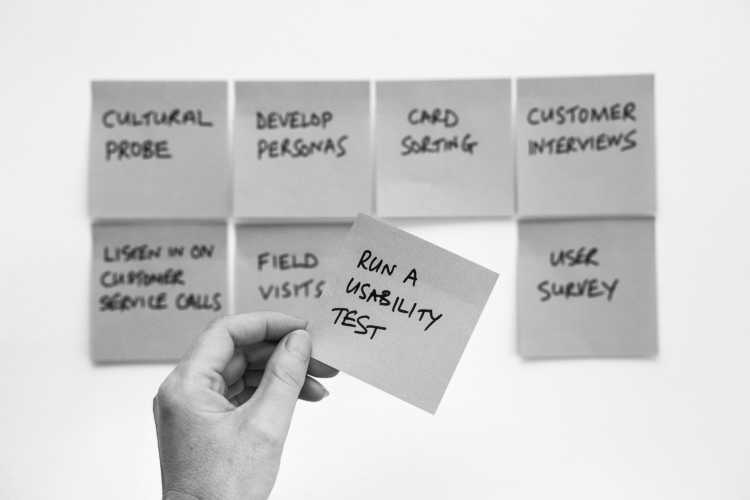What is NOT user-centered design?
Are you a designer? A product manager? CTO? If you must only know one thing about user-centric design, this is it: it’s not about you. Your opinions, personal experiences and thoughts are next to irrelevant.
The only thing that matters is the user, and if we truly believe in the user-centric way of working and thinking, ideally we always test solutions on actual end-users. Even if this is not for whatever reason feasible, we must separate actual user feedback from our own beliefs.
So, the customer is always right? Nope. This is perhaps the single biggest and most common misconception of user-centered design. Yes, we do want to listen to what our users have to say, but it is up to the designer to come up with a solution based on what they say and what they don’t say. There is a famous quote attributed to Henry Ford: “If I had asked people what they wanted, they would have said faster horses.” Users can often easily describe a problem they're having, but not the best solution.
The foundation of user-centric design is pretty straightforward: we just interact with the users. Even the most advanced methodologies rarely tell us the absolute truth. Even the best studies, analyses and insights are more often than not contextual. It depends. Sophisticated guesswork. Ok then, doesn’t this make user-centric design waste of resources? As an ad hoc act, maybe. As a way of doing things, no.
